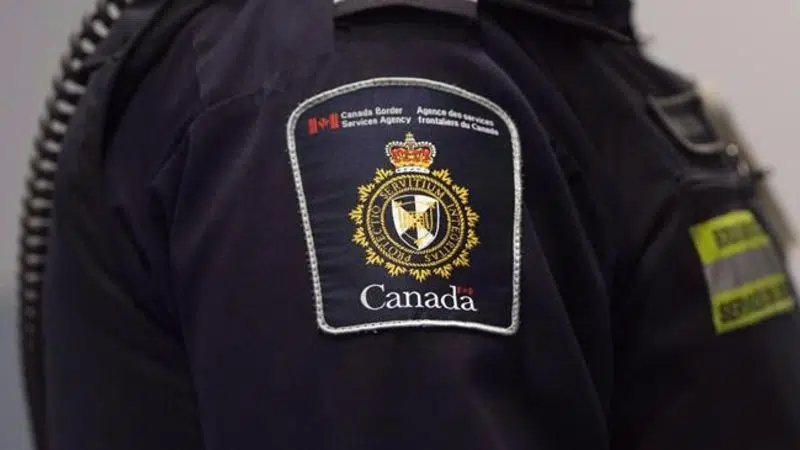
Stop CBSA policy requiring bulletproof vests in immigrant detention: advocates
OTTAWA — A group of doctors, lawyers, legal scholars and human-rights organizations is calling on the federal government to halt the rollout of a new policy that will see border officers outfitted in defensive gear when dealing with refugees in detention.
The group is making a third entreaty to Public Safety Minister Ralph Goodale urging him to cancel the policy, which is due to take effect first at a migrant holding centre in Toronto on Monday.
Requiring Canada Border Services Agency (CBSA) officers to wear defensive gear while working with detained migrants goes against international standards that say migrants in detention should not be kept in prison-like conditions, says Anthony Navaneelan, a lawyer with the Canadian Association of Refugee Lawyers.
“We have a very vulnerable population in these holding centres. They include children, they include families and they include refugee claimants — people who are fleeing situations of war and trauma,” he said.


